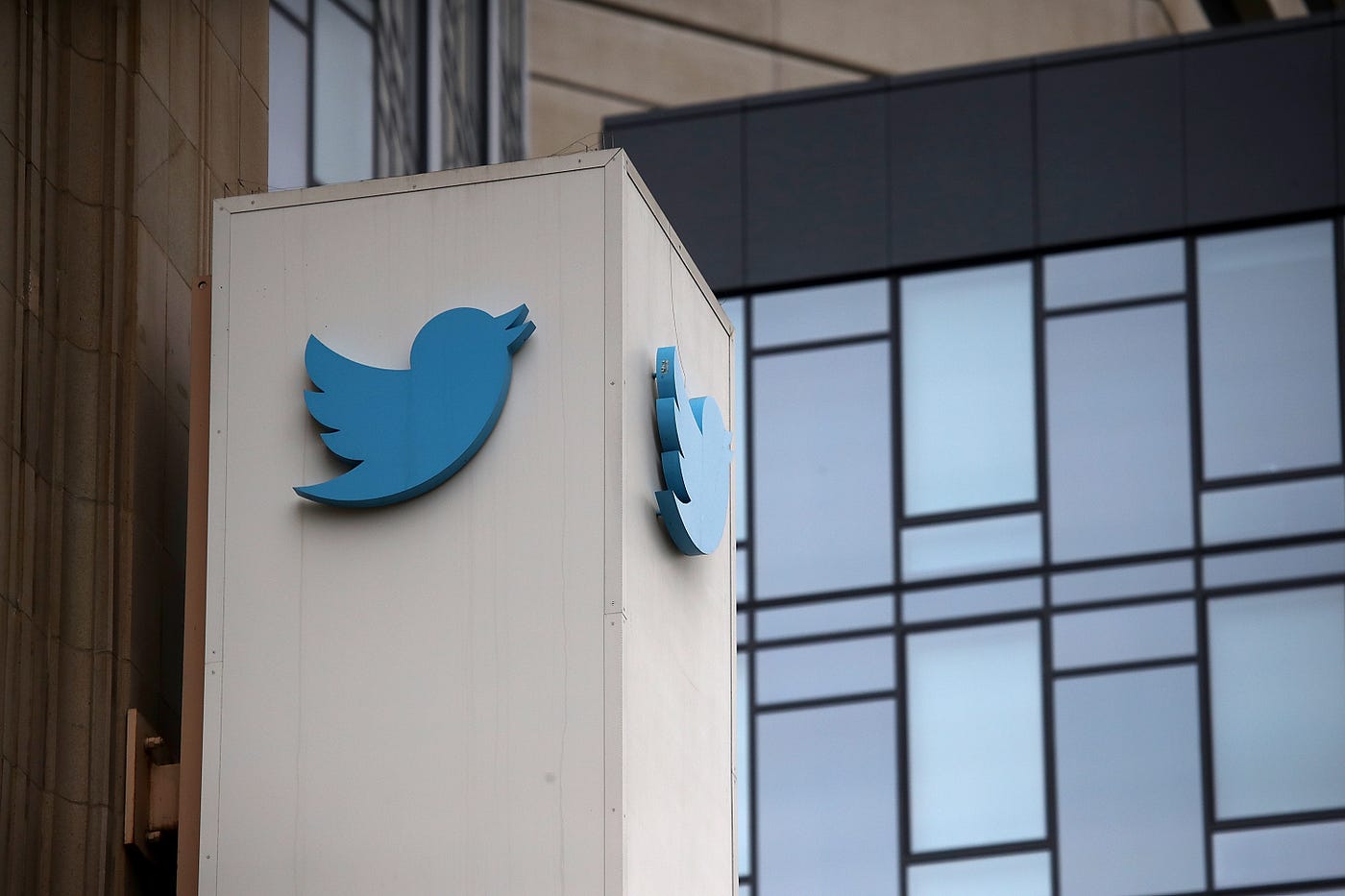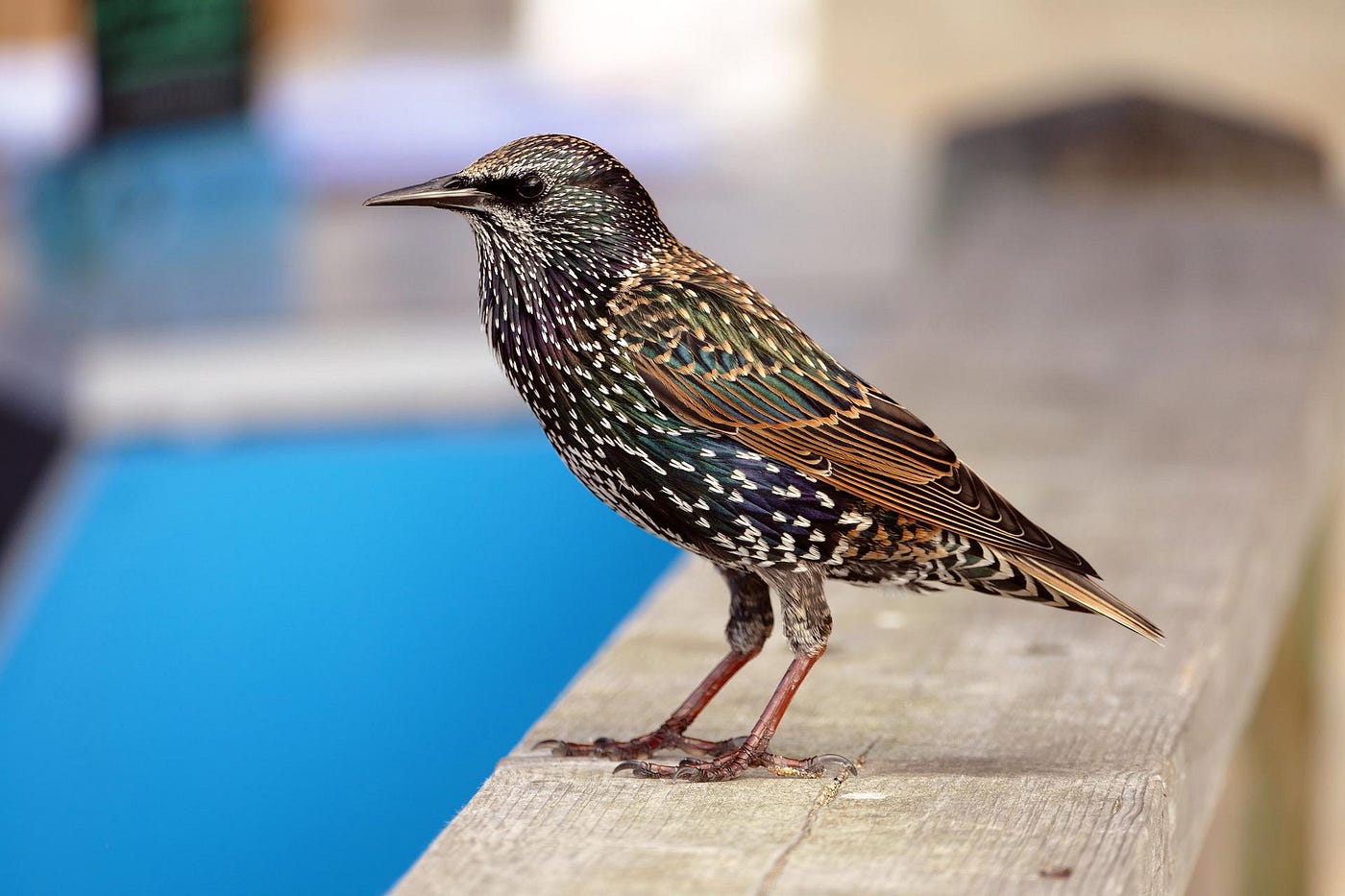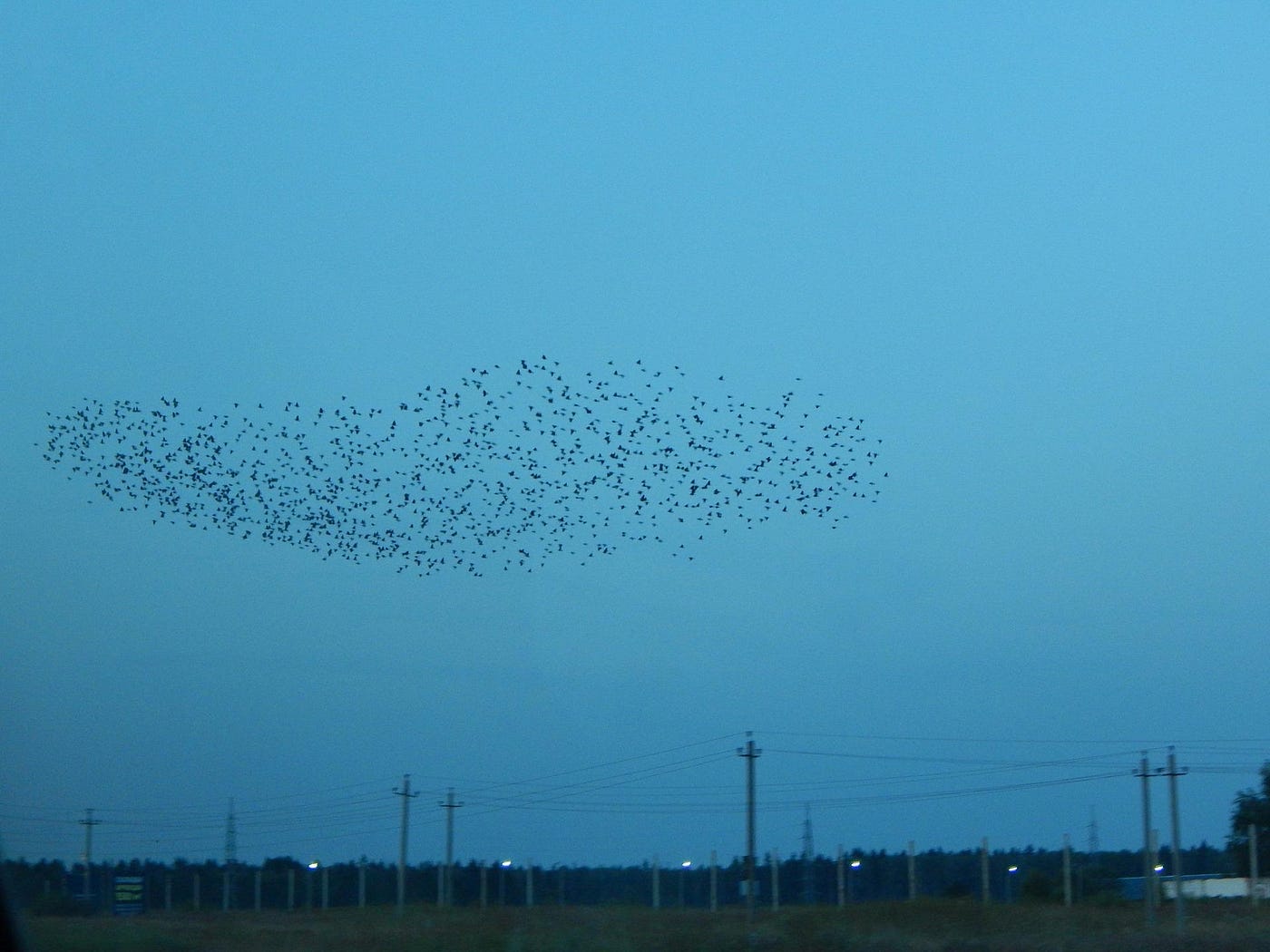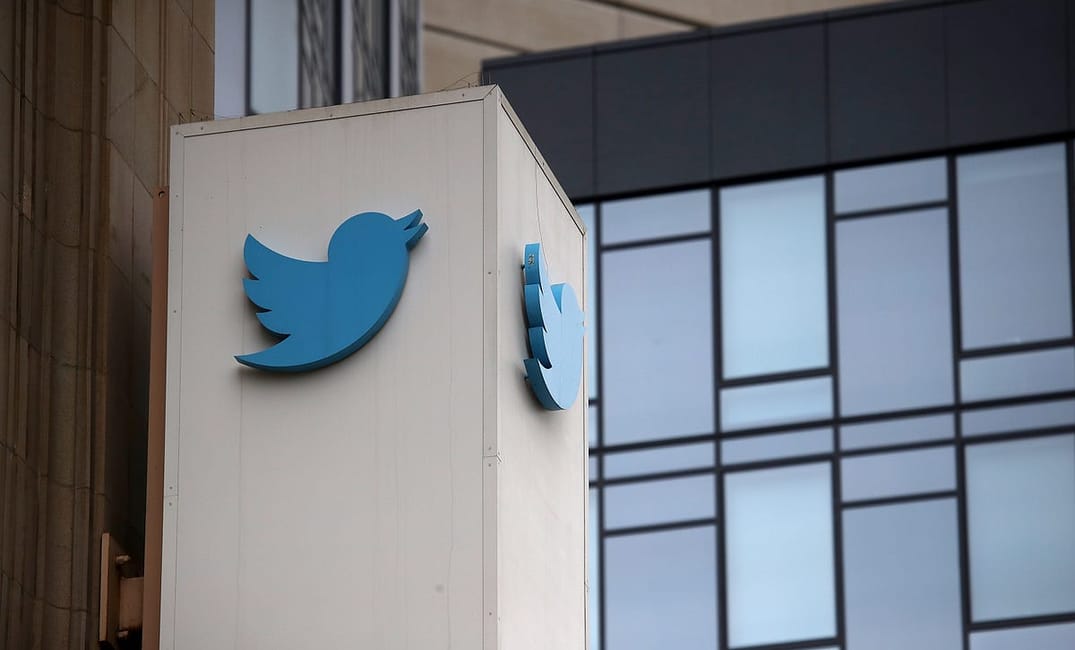
Dear Elon,
Please stop messing with my marriage.
I’m not talking about how my techie husband and I differ in our assessment of you. He man-crushes on your cars and flamethrowers and spaceships to Mars. I, on the other hand, have a more nuanced view of your charms. I haven’t ever driven our Tesla — not once in six years. But arguing over you isn’t the major threat to our marriage.
No, you’re literally keeping us apart. Half an ocean apart, to be precise. You promised that StarLink would bring high-speed internet to even the most remote places on the planet. But what are we hearing in Hawaii? Just crickets.
The existing internet satellite systems don’t reach our house on a remote part of the Big Island. We’re miles from any fiber-optic network. Even the phone connections suck. That’s okay with my retired husband, who’s settled there. Me, I’m still in the tired phase of my career. And despite being a Luddite, I need the internet. So I’m sitting in Northern California, while he’s enjoying the island paradise. (They don’t call it the Big Guy Land for nothing.) StarLink is our only hope to be together.
And you promised! We registered for StarLink more than two years ago. You collected our activation fee a year ago, in June ’21. Remember? That was the month you announced, with much fanfare (the only ways you do things) that you would activate StarLink worldwide within three months. Adults at your company even backed you up on that.
The same August 2021 that Trump was going to be reinstalled on his throne. I guess a lot really didn’t happen that month.
Then, in September you proclaimed (again, with much fanfare) that you’d activate StarLink by October. Surprise! October came and went with no activation. And no comment from you. You waited until November, (and with somewhat less fanfare), you said the system would be up by “sometime in 2022”.
Well, now it’s sum-sum-summertime, and I’ve been checking that worldwide StarLink activation map. You’ve gone from only Seattle being online in January, to now most of the continental US and Europe having access. You’ve even announced a deal with Hawaiian Airlines! But Hawaii? Just little pop-up notes, saying maybe late 2022, maybe 2023.
Yeah, I get it, you’ve been busy. Your on-again, off-again fling with Twitter. Building spaceships to take a million people to Mars. Firing employees. Your kid disowning you. Your only boring project is digging tunnels under Las Vegas.
I bet you were thrilled when StarLink received that blast of media attention in February. Lots of people weren’t even aware that you had already launched over 2,000 satellites. The week that Russia invaded, you activated (with much fanfare) StarLink for Ukraine, enabling them to continue communicating even while bombs and missiles shredded the rest of their infrastructure. You helped thwart the takeover of Kyiv.
Kudos for that move. So here’s my plan to get you to activate StarLink for Hawaii. I’m going to ask Vladimir for a little favor. I’ll say: “Mr. Putin, while you’re busy causing global havoc, do you mind invading Honolulu, please? Hey, it almost worked for the Japanese, right?”
Won’t that get you to flick the switch for Hawaii, Elon? Or maybe you just don’t like island people. I think Puerto Rico’s still waiting for that post-hurricane power grid you promised them.
February was a big month for you. That’s when that solar flare collided with your flair for publicity. Don’t you recall? The sun kicked off a geomagnetic storm and forty of your newly launched satellites crashed back to earth.
Astrophysicists actually call it a “coronal mass ejection” not a solar flare. Maybe they were really describing Trump’s failure to recrown himself emperor. Or perhaps the phrase refers to some sex act you only talk about with some of your girlfriends. But that comment won’t get past the censors. You’re not going to have any censors at Twitter, right? Or anywhere else, once you own the world. Sorry, I forgot, you already do own the world. Or is that Mars that you bought?
Your satellites were vulnerable because they were sitting in an extra-low orbit waiting to be checked out before being nudged into their low geosynchronous orbits. When the solar flare hit, Gee! Oh! They sink on us, back down to earth! (That pesky gravity. Almost as pesky as levity can be.)
Maybe, like Icarus, you and your satellites were flying too close to the sun. I did hear a lot of people gloating about your satellites’ fall to earth. Shades of schadenfreude. Not that a few dozen fewer satellites means much when you’re going to launch thousands more. And you’re still several years ahead of your competitors, Bezos, and buddies.
I do commend you for sneaking the biggest billboards (mega-billboards? meta-billboards?) in earth’s history into your satellite launch protocol. Our family saw one of those spectacles two years ago. A perfectly straight line of four dozen equally spaced white lights, as bright as stars, leisurely marching across the winter sky. We watched for more than twenty minutes. Millions and millions of people could see them. Brilliant advertising.
And one more thing, since I have your attention. Elon! Elon, I’m over here, writing to you! Tweet! Tweet! Anyway, I figure you have a sense of humor about naming things. I mean, look what you did to your youngest two kids! So I wanna know, did you intentionally name StarLink after starlings?
Is it a sly reference to your immigrant success story? In 1890 amateur ornithologist and Shakespeare fanatic Eugene Schieffelin released a handful of European starlings in Central Park, hoping to bring all of the Bards’ birds to the New World. More than two hundred million descendants of that flock now blanket North America, ravaging farmers’ fields, muscling out native species, and even occasionally downing airplanes. That’s making an impact!
Shakespeare only mentioned the bird once, in Henry IV, when Hotspur proposes training a starling to repeat the name of a rival to the throne in order to torment the guilt-ridden Henry. Did you choose StarLink to highlight the importance of verbal communication? Or to remind us that we seem to chiefly use the internet to provoke others?

Just like you, Elon, starlings tend to elicit a wide variety of strong opinions. I’ve seen the repellent side of starlings. Every summer at our Northern California home, a dozen starlings visit just before the figs ripen. They announce their arrival with a raucous trill that manages to be simultaneously nasal and guttural. They peck holes in almost every fruit and defecate all over the leaves before they fly off. Some people see you that way.
But as a birdwatcher, I’ve also seen starlings’ inspirational, majestic, and even beautiful side. They create swirling, turning, churning, cohesive blobs of birddom called murmurations. Tens of thousands of starlings swoop and shift through the sky without crashing into each other. They epitomize birds of a feather flocking together. Other people see you that way, Elon.
Biologists and computer modelers study these flocks for insight into how the individual members of these huge dynamic systems avoid crashing into each other. Starlings might teach SpaceX how to reduce the risk of your StarLink satellites colliding with existing space trash and contaminating a whole orbital ring with space debris.
More abstractly, might these birdbrains also show humans how to avoid repeatedly ramming into each other on the internet? Elon, can you build your system so that we are coming together, not coming apart?

Whether it’s the telegraph, Twitter, or StarLink, the design of our technology shapes how people use it. These platforms aren’t just neutral, passive conduits for information and communication. Censorship, or fake bots, isn’t Twitter’s biggest problem. Twitter’s abbreviated format inherently encourages short, quick, quips that evoke strong reactions in others. Not a way to promote understanding. Not a way to encourage listening. Not a way to foster deep sharing. Is that really what you want?
By reaching regions that have never before had internet connections, StarLink could allow all of humanity to plug into a worldwide murmuration. But I haven’t heard how you’ll make your system accessible to people with restricted finances. Earth could benefit from a far wider swath of our collective wisdom than we currently listen to. You could help grow the marketplace of ideas. It’s up to you whether your string of glow balls promotes a global community or just generates globs of money. I hope that as you refine StarLink you’re for the birds and not just the bi(llboa)rds.
Elon, I know you’ve spent a lot of time thinking about the perils of Artificial Intelligence. You’ve invested millions in biomedical research on human/machine interfaces. Please spend a little more attention on the people-people interface. Do we want an internet that produces more isolation and more disconnection? Or one that promotes learning and working together?
Elon, I’m hoping you build StarLink and Twitter in ways that truly unite us. But I’m not waiting for you. I’m moving to Hawaii next month to join my husband, whether your StarLink is ready or not. After having a home office for more than two decades in San Francisco, I may just need to rent a room in Hawaii, miles from our home, so that I can plug into existing internet connections.
And interestingly, despite their success on the mainland, and despite the plethora of invasive bird species in Hawaii, the European starling hasn’t yet established itself on the Islands. No StarLink. No starling.
In Howard’s End, E. M. Forster’s advised, “Only connect!” But more than a century later, we know that there are ways of connecting, interacting, and influencing others that can be toxic and harmful. Elon, please don’t put the “con” in connection. Learn from the starlings. Let StarLink become a murmuration for the masses.







